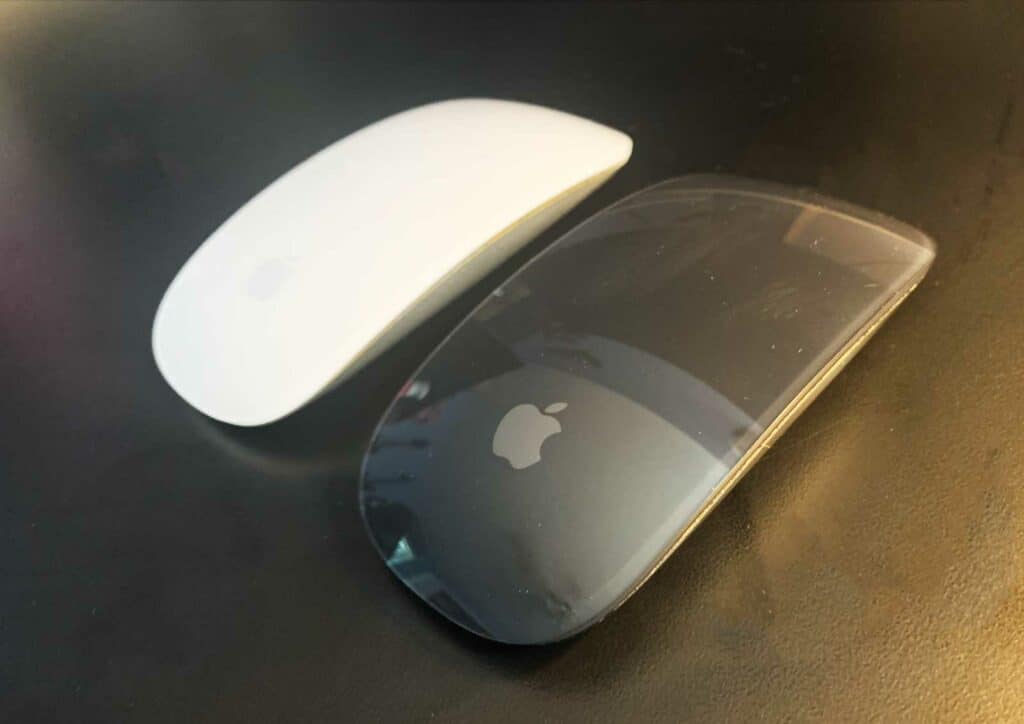Are you worried that your wireless mouse might be a vector for transmitting viruses to your computer?
While it is possible for a wireless mouse to transmit a virus, there are steps that can be taken to prevent this from happening.
In this article, we will delve into the details of how a wireless mouse could potentially transmit a virus and what you can do to protect your computer.
So if you’re concerned about the potential risks of using a wireless mouse and want to learn more about how to keep your computer safe, keep reading!
Real quick before we get too far into this: if you need more tech help or if you want to get more great ideas for your home office and connect with other remote workers join my free private Facebook group, Home Office Hacks here.
How can a wireless mouse can carry a computer virus?
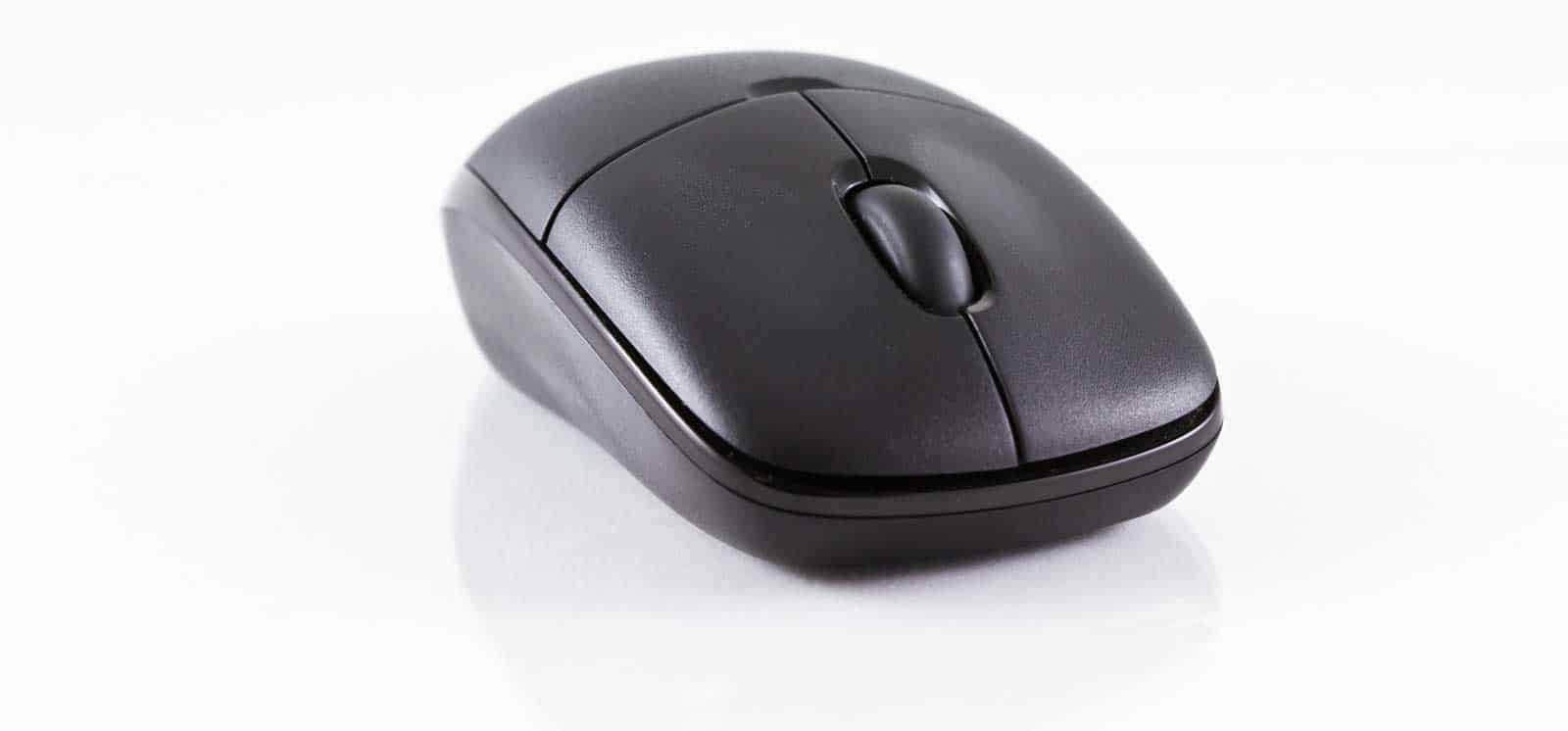
Wireless mice can potentially transmit a virus in two main ways: through a wireless connection and through storage on the mouse itself.
First, a wireless mouse can transmit a virus through its wireless connection. If a virus is present on the computer that the mouse is connected to, it can potentially be transmitted to other devices through the wireless connection. This is especially true if the mouse is not properly secured and is able to connect to any device within range.
Second, it is also possible for a virus to be stored on the mouse itself. If a mouse is used on an infected computer, it is possible for the virus to be transferred to the mouse’s internal storage or memory. If the mouse is then used on a different, uninfected computer, the virus could potentially be transmitted to that computer as well.
It is important to note that while these scenarios are possible, they are not common and can typically be prevented by taking appropriate precautions. Keeping the mouse’s firmware and drivers up to date, disinfecting the mouse regularly, and using a reputable antivirus software can all help to prevent a wireless mouse from transmitting a virus.
A wireless mouse has memory
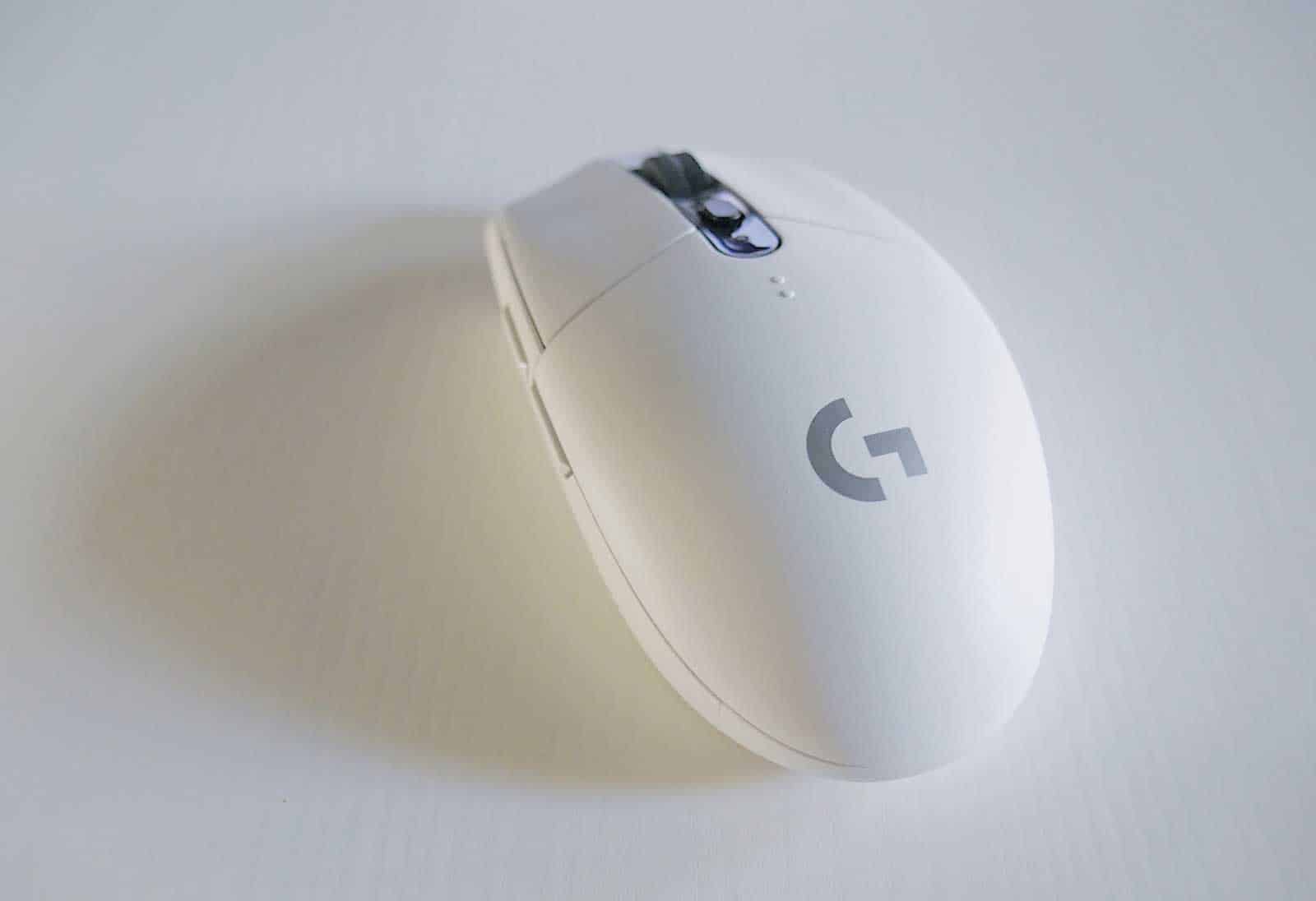
The next question naturally follows: does a wireless mouse have memory?
Yes, some wireless mice have internal memory or storage. This memory can be used to store various types of data, such as macros or settings that are specific to the mouse.
For example, a wireless mouse may have the ability to store different profiles for different users or for different types of computer programs. This allows the mouse to remember specific settings and configurations, which can be useful for users who frequently switch between different computers or programs.
However, it is important to note that not all wireless mice have internal memory or storage. Some models may rely solely on the computer’s memory to store data and settings, rather than having their own internal memory.
How to prevent a wireless mouse from transmitting a virus
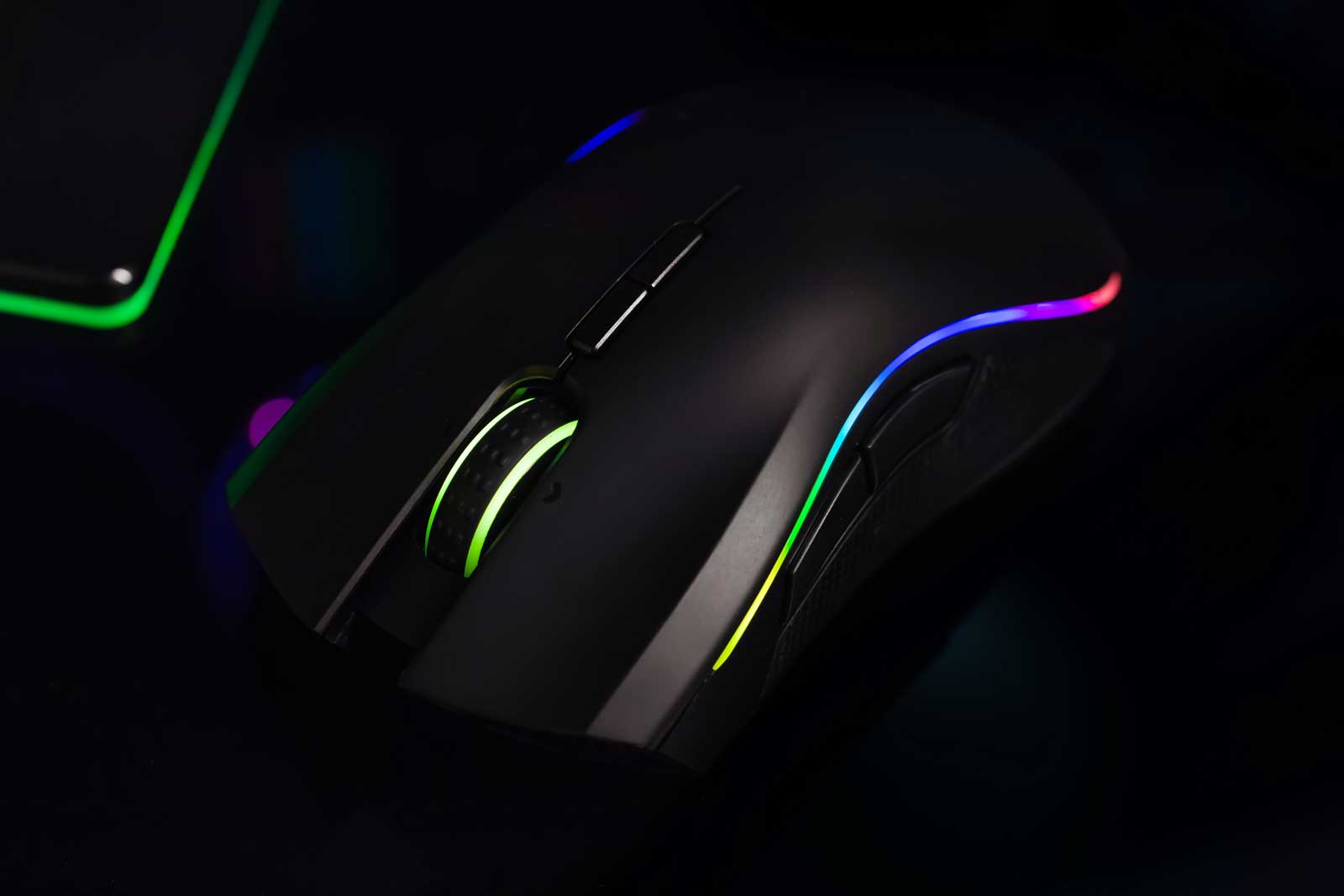
There are several steps that can be taken to prevent a wireless mouse from transmitting a computer virus.
First, you have to keep the mouse’s firmware and drivers up to date which is something that many users will often overlook. If you’re dealing computer virus problems to begin with, this may already be a problem.
Firmware is the software that is stored on the mouse itself, and drivers are the software that is installed on the computer to allow it to communicate with the mouse. By keeping these up to date, you can ensure that the mouse is functioning properly and that any potential vulnerabilities are addressed.
In addition, it’s vital that you use a a reputable antivirus software for your computer. Antivirus software is designed to detect and remove viruses and other malicious software from a computer, and it can also help to prevent new viruses from being introduced. By using a reputable antivirus software and keeping it up to date, you can help to protect your computer from viruses that may be transmitted through your wireless mouse.
If you suspect your wireless mouse is a source of infection for computer viruses
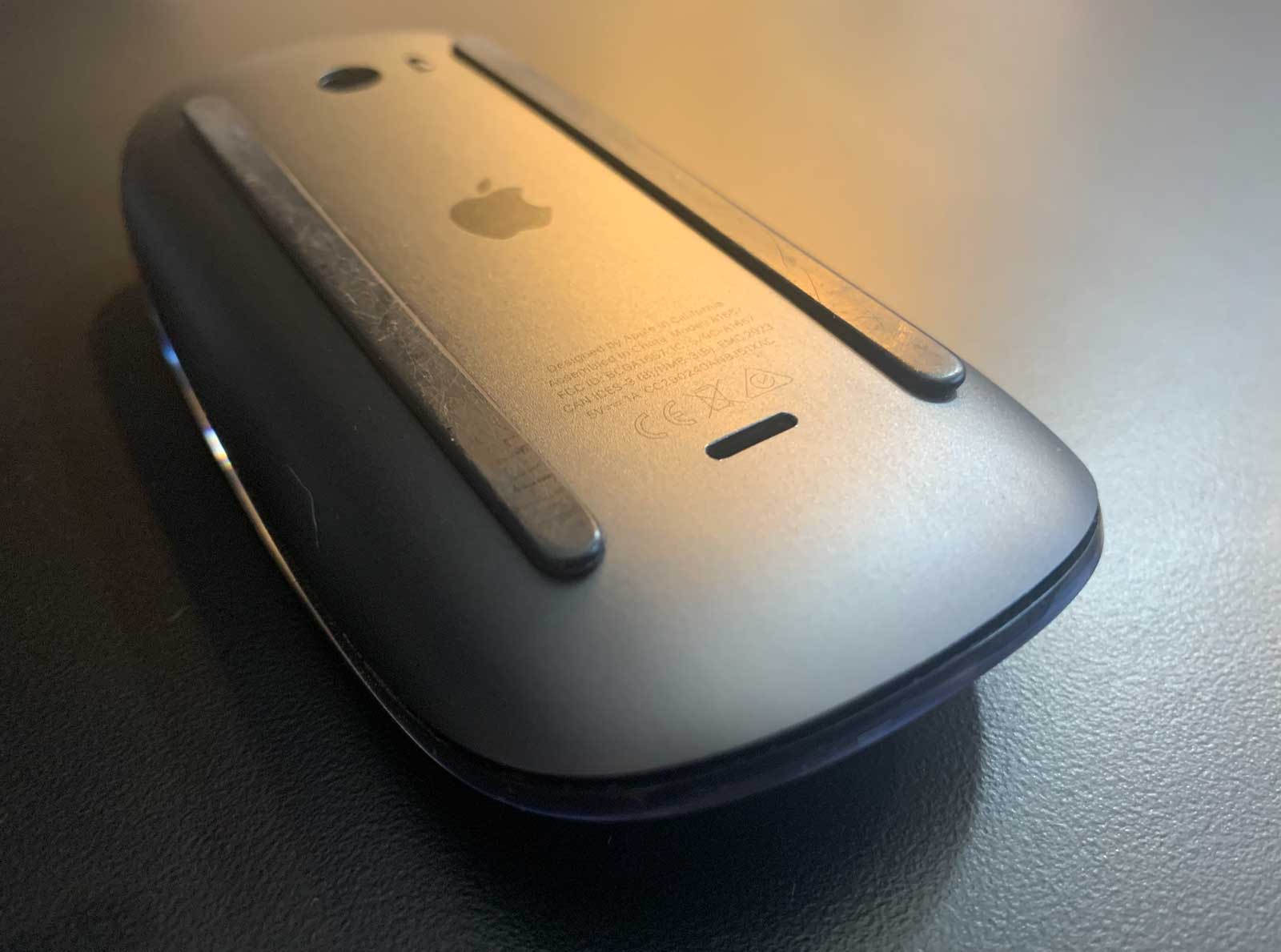
f you suspect that your wireless mouse may be a source of infection for computer viruses, there are a few steps that you should take:
- Immediately disconnect the mouse from your computer. This will help to prevent the virus from spreading further. This means removing the dongle if your mouse uses one and completely powering down the mouse.
- Run a scan with your antivirus software. This will help to identify any viruses that may be present on your computer. Be sure to update your antivirus software to the latest version if necessary. For tougher cases you may need to get an IT pro involved.
- Check for updates to the mouse’s firmware and drivers. Keeping the mouse’s firmware and drivers up to date can help to prevent viruses from being transmitted through the mouse.
- Consider replacing the mouse. If the mouse is heavily infected or you are unable to remove the virus, it may be necessary to replace the mouse with a wired mouse in order to protect your computer from further infection.
Another wireless mouse vulnerability

Wireless mice can potentially be hacked through a technique called a MouseJack. This hack involves targeting the radio transmitter inside the USB dongle that connects the mouse to the computer, allowing the hacker to remotely run malware scripts or record keyboard input.
While only a limited number of mice are vulnerable to this type of hack, it’s important to be aware of the potential risks and take steps to protect your computer.
The likelihood of your mouse being hacked is low, as it requires specific information about the make and model of the mouse, the firmware version, and the operating system in use.
However, if you suspect that your mouse may have been hacked, it is important to disconnect your computer from the internet and run a thorough antivirus and malware scan. You can also contact the manufacturer to inquire about any known vulnerabilities or incidents of hacking in their products.
What anti-virus and malware software should I use to scan?
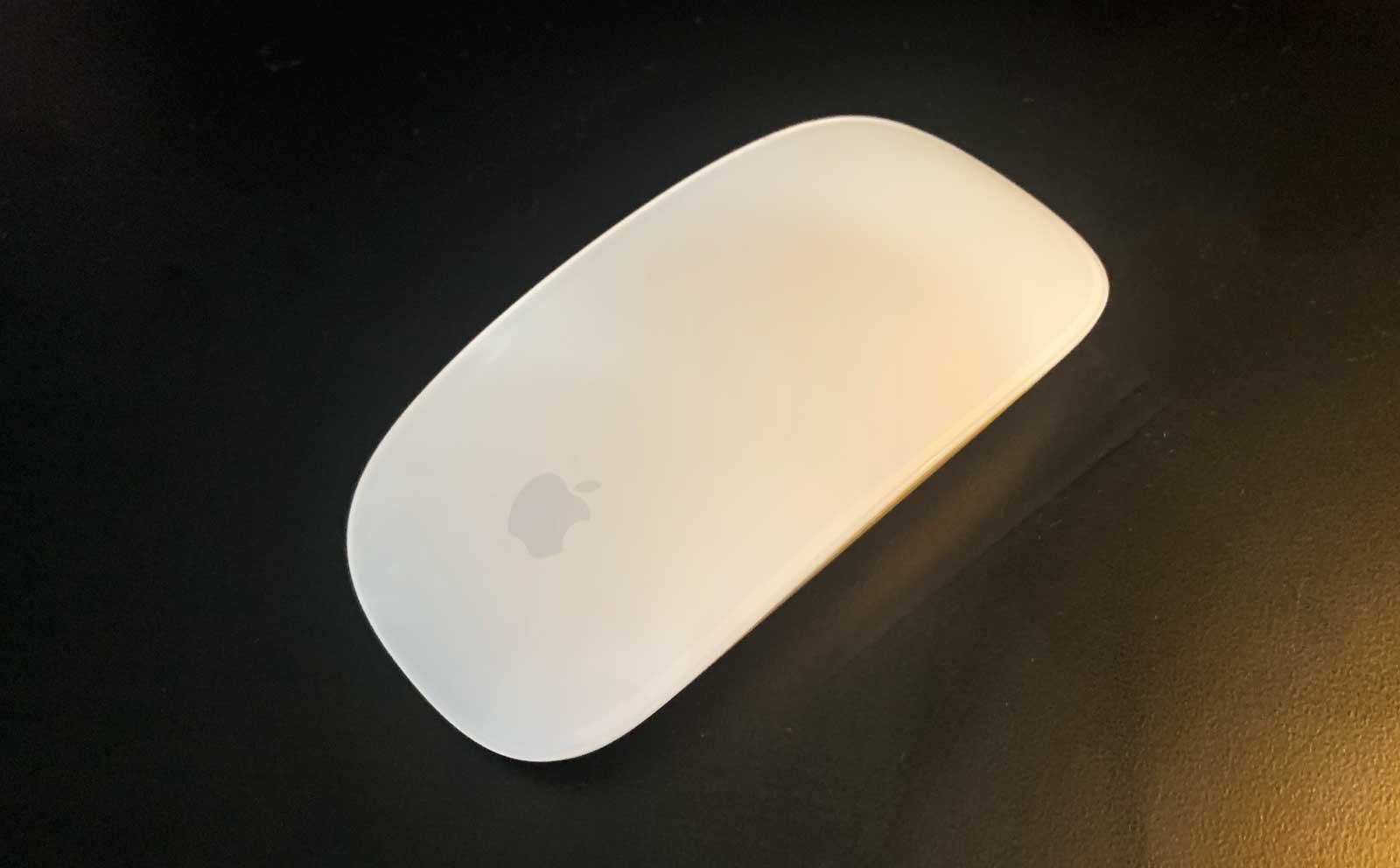
If you suspect that your wireless mouse may have been hacked, it is important to run a thorough antivirus and malware scan in order to identify and remove any potential threats. There are many different antivirus and malware software options available, and the best choice will depend on your specific needs and preferences.
Some popular antivirus software options include:
- Windows Defender (included with Windows operating systems)
- McAfee
- Symantec (Norton)
- Kaspersky
- Bitdefender (For Mac)
For malware protection, options such as Malwarebytes or Spybot Search & Destroy can be effective. It is also a good idea to keep your antivirus and malware software up to date in order to ensure that you have the latest protection against new threats.
What is considered a wireless mouse?
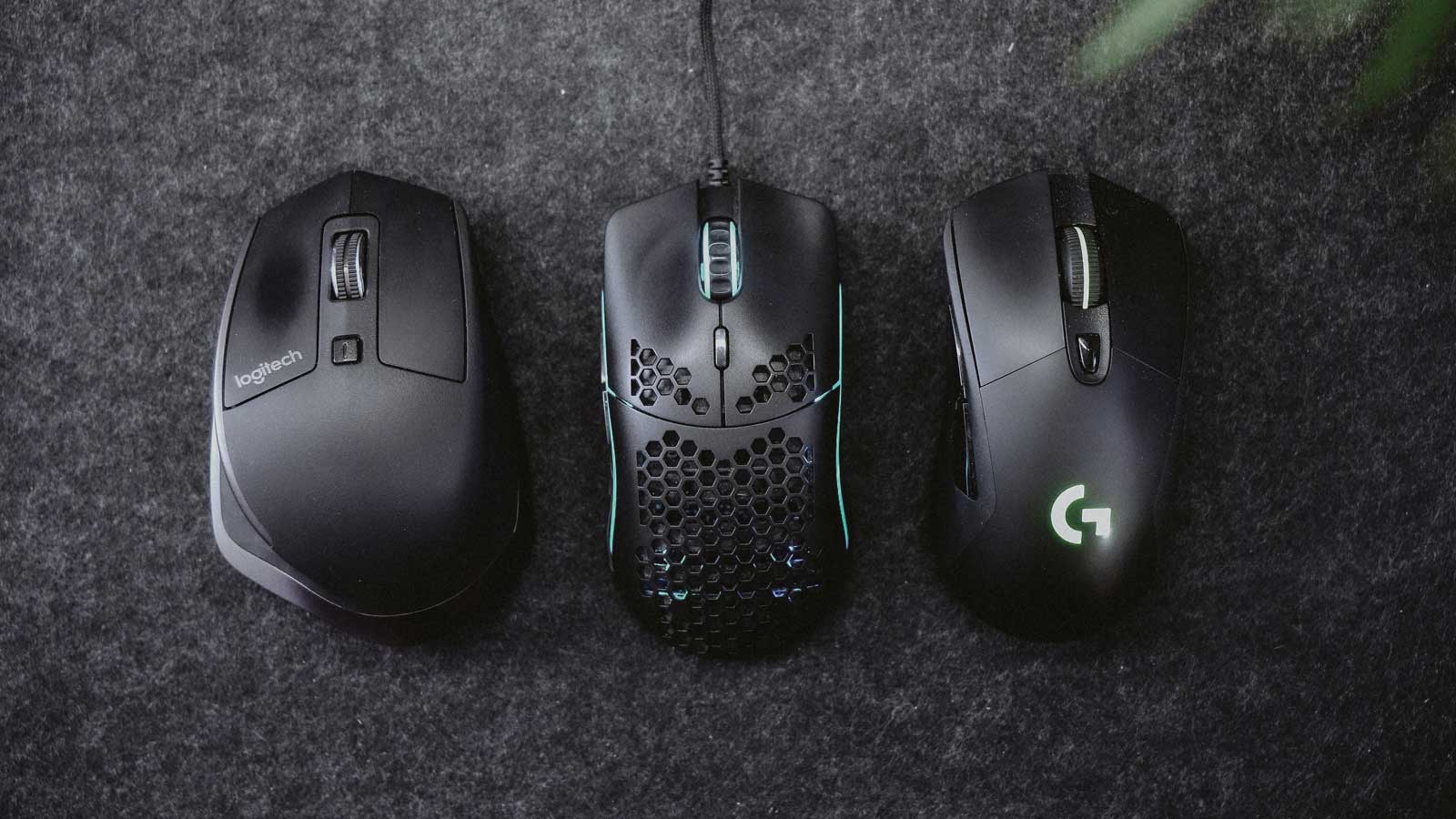
A wireless mouse is a type of computer mouse that uses a wireless connection to communicate with a computer or other device. Unlike traditional wired mice, which require a physical connection to the computer through a USB or similar cable, a wireless mouse communicates with the computer through a wireless connection such as Bluetooth or a proprietary wireless protocol.
Wireless mice use various technologies to connect to a computer or other device. The most common technologies used for wireless mouse connections include:
- Bluetooth: Bluetooth is a wireless communication technology that uses radio waves to connect devices over short distances. Many wireless mice use Bluetooth to connect to a computer, and Bluetooth is generally considered to be a secure and reliable connection method.
- Radio frequency (RF) technology: Some older wireless mice use RF technology to connect to a computer. This technology involves the use of radio waves to transmit data between the mouse and the computer. RF technology is generally less common in modern wireless mice due to the availability of other, more advanced technologies.
Next Steps
Want to join others who are creating the most amazing home offices and get more tips, tricks and hacks on how to make your home office the best it can be?
Join my brand new free private Facebook group, Home Office Hacks to connect with other home office hackers to make your space the best!
